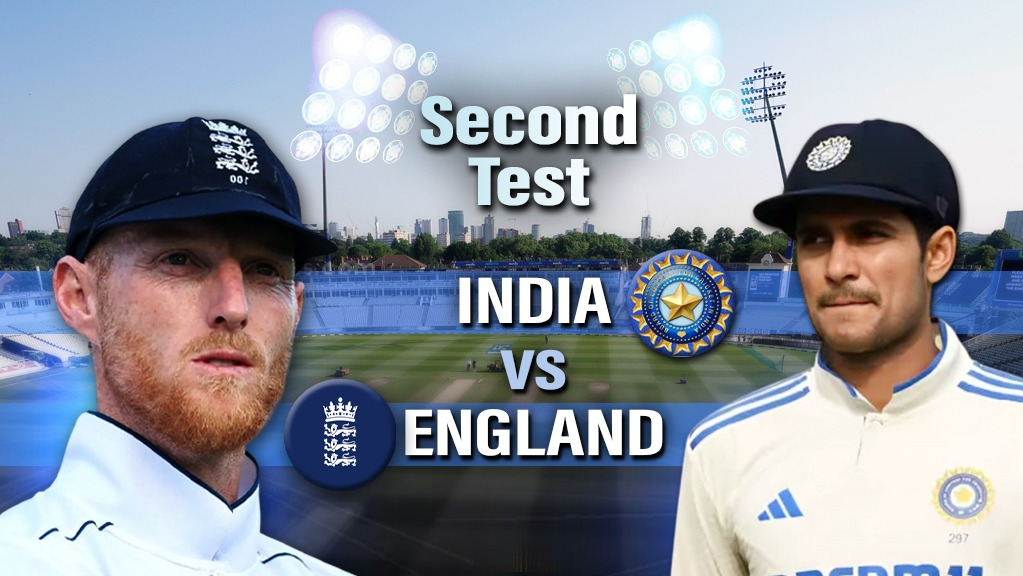

India on the Cusp of a Famous Victory
India stands on the brink of a series-leveling victory at Edgbaston, needing just seven more wickets on the final day after producing a masterful performance with both bat and ball. The fourth day was an exhibition of complete dominance, orchestrated by captain Shubman Gill, who followed his first-innings epic with another sublime century. His brilliant 161 allowed India to set England a seemingly impossible, world-record target of 608. As if that wasn't enough, India's fast bowlers then compounded England's misery, tearing through the top order to leave them precariously placed at 72 for 3 at the close of play, the prospect of victory all but extinguished for the hosts.
The Captain Leads the Charge, Again
The day belonged unequivocally to Shubman Gill, who continued his phenomenal form to score his second hundred of the match and third of the series. His innings of 161 was a display of utter dominance and serene control. He expertly handled England's spinners on a lifeless pitch, milking them for singles at will, and treated their intermittent short-ball barrages with disdain, pulling and hooking with authority. In the process, Gill etched his name into the record books, becoming the first player in Test history to score a double-century and a 150 in the same match, cementing his status as a world-class talent and a leader of immense substance.
He was ably supported by his teammates. KL Rahul contributed a fluent 55, building a solid platform, while Rishabh Pant played a typically aggressive and entertaining cameo of 65, throwing his bat at everything and unsettling the English bowlers. After Pant's dismissal, Ravindra Jadeja joined his captain, and the pair calmly steered India towards an insurmountable lead, grinding the opposition into the dust.
A Belated Declaration and an Ideological Test
Much of the day's intrigue centered on the timing of India's declaration. Gill chose to bat deep into the final session, a decision that drew some debate but ultimately served to psychologically crush any English hopes of a chase. When the declaration finally came at 427 for 6, it set England a target that would require them to rewrite the history books. More than that, it posed a serious ideological question for the home side: would they stick to their ultra-aggressive "Bazball" approach, which preaches attacking at all costs, or would they finally temper their philosophy and play for a draw? The sheer scale of the target created a fascinating test of their cricketing identity.
Bowlers Strike with Precision
Any thoughts of an English fightback or a stoic blockathon were swiftly extinguished by India's new-ball bowlers, who bowled with fire and precision. Mohammed Siraj made the first breakthrough, tempting Zak Crawley into a fatal, hard-handed drive that flew to the slips—a familiar dismissal for the opener. But it was the debutant, Akash Deep, who was truly sublime. He followed his four wickets in the first innings with two more crucial strikes that broke the back of England's top order. He first cramped Ben Duckett for room with a sharp delivery that angled in and induced a chop-on. He then produced a beautiful, unplayable delivery that moved away late to beat the outside edge of the world's number one Test batsman, Joe Root, and crash into his stumps.
The early wickets left England in tatters. While Ollie Pope survived a testing period before stumps, the task ahead looks academic. India's bowlers were clinical, their captain was imperious, and the team is now poised to secure a memorable and well-deserved victory to level the series.